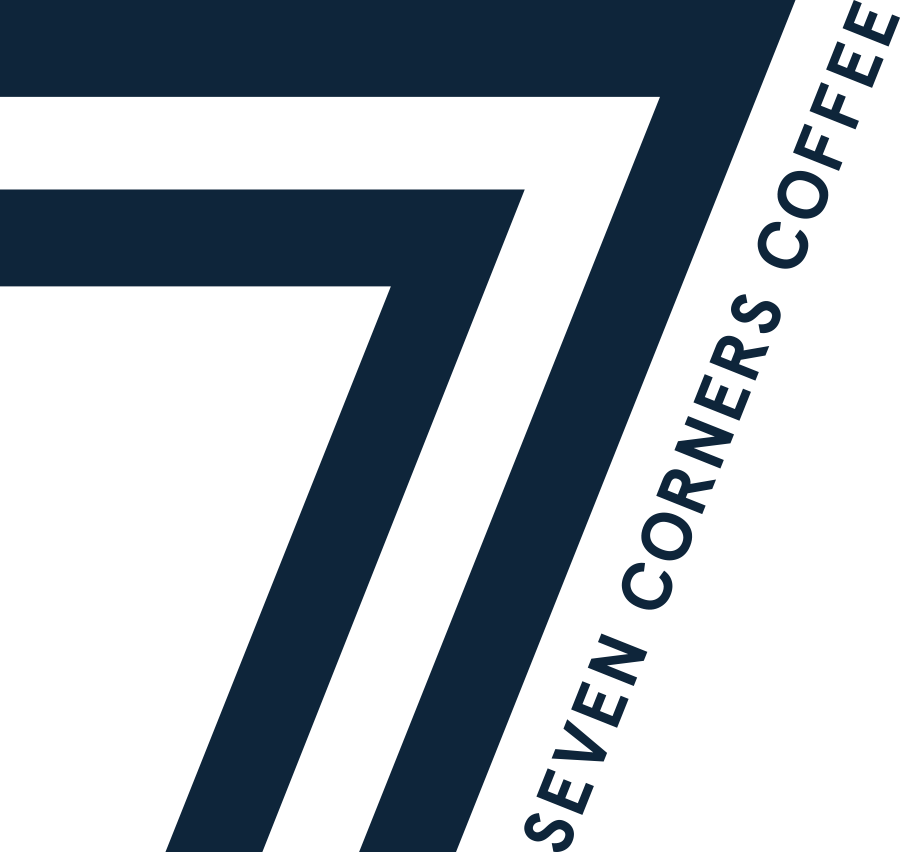At 7 Corners Coffee, we serve what’s known as “specialty coffee.” When some people hear that phrase, they may think it refers to a Frappuccino or cortado topped with latte art. However, specialty coffee describes the quality of the coffee being used.
In a recent post, we talked about the history of third wave coffee shops. The birth of specialty coffee is closely related. As people started appreciating the unique flavors of different coffee beans, coffee shops and roasters started to emphasize where the coffee came from.
While this helped coffee drinkers understand their personal preferences, something was still missing. Origin could tell you the style of coffee you were consuming, but it couldn’t measure its quality.
For that, a new system would be needed.
The Birth of the Coffee Grade Scale
The term “specialty coffee” was first used by Erna Knutsen in a 1974 issue of Tea & Coffee Trade Journal. Knutsen was an early advocate and pioneer for the grading of coffee quality. Not only did she highlight the origin of a particular coffee, but she focused on tasting terminology, roasting techniques and more. She talked about coffee in a language previously reserved for beverages such as wine.
Her influence moved throughout the industry, changing the way that coffee enthusiasts viewed and tasted their beloved beverage. This ultimately led to the creation of the modern Coffee Review scale.
Coffee Review is an online publication that began in 1997. In order to measure the quality of coffee from around the world, the founders of Coffee Review created a 100-point scale that rates coffee based on standardized tasting protocols.
The scale focuses solely on the sensory experience a cup of coffee provides. Today, the Specialty Coffee Association (SCA) uses the 100-point scale to grade coffee, providing a worldwide standard for excellence. If the coffee scores 80 or above, it is considered true specialty coffee. While specialty coffee can technically originate from anywhere, most comes from South America, Central America, Africa and Asia.
Additionally, the SCA has set standards for how specialty coffee is produced, further establishing a sustainable coffee economy.
A Difference You Can Taste and Smell
Though the 100-point scale grades coffee by a universal set of standards, that does not mean all specialty coffee tastes the same. In fact, you’ll find a wider variety of flavors, textures and scents within specialty coffee due to its quality and craftsmanship.
If you want the fullest coffee experience, specialty coffee provides just that.
At 7 Corners Coffee, we serve a rotating variety of specialty coffees from some of the best roasters around. Additionally, we always serve Dogwood coffee for our batch brew. Whatever your coffee preferences may be, we’re sure to have something for you!
Stop by our coffee shop near Dinkytown to see what specialty coffee is all about. Our walk-up window is open during quarantine.

